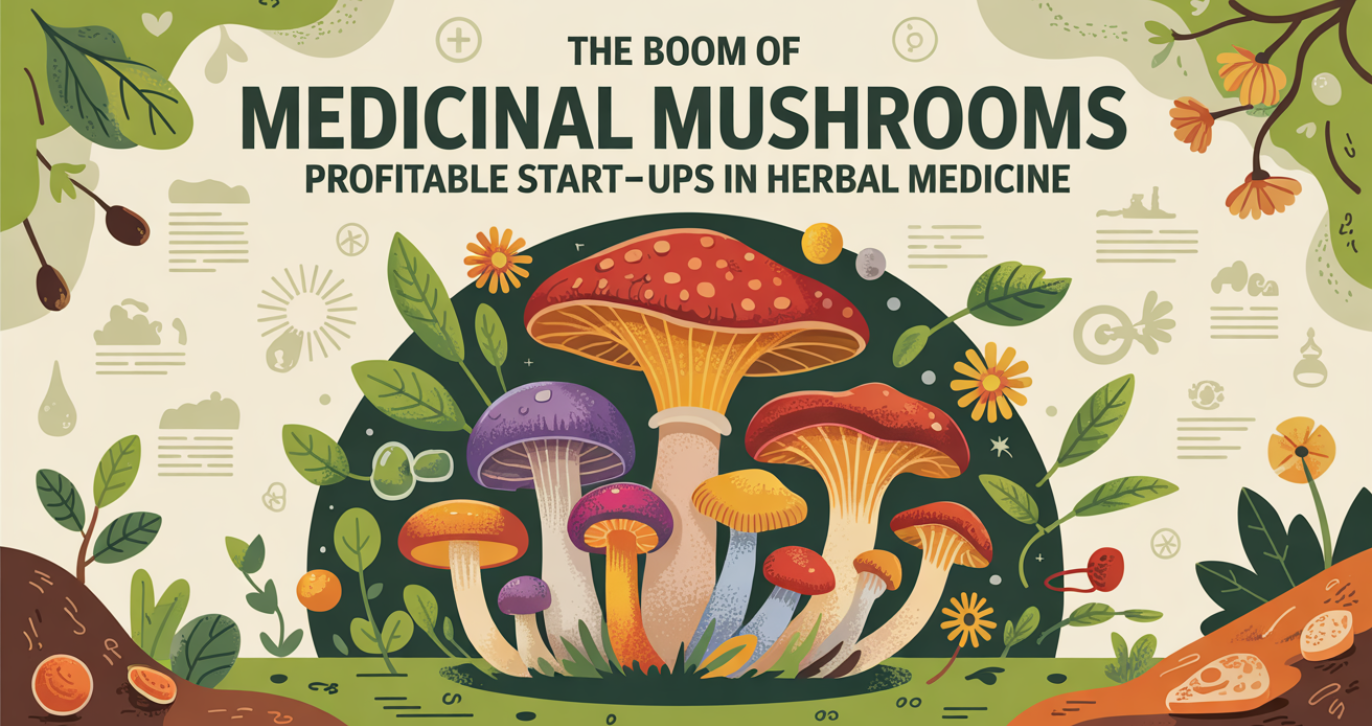Understanding Zero-Waste Stores
A zero-waste store is a type of retail outlet that sells products in any form without packaging materials or provides bulk and watering containers to the customers. It allows customers to either bring these reusable containers and refill them. Zero-waste stores often provide consumables with respect to food, hygiene, and household essentials, along with other things packaged carefully, keeping environmental harmony in mind. It’s all about trying to offer even minimally polluting plastic shopping while encouraging responsible consumption.
Also read our articles: Navigating Business Ethics in the Modern World: A Compass for Sustainable Success
Steps to Take to Set Up
1. Research and Planning:
Prior to starting a zero-waste store, research all of the following extensively:
Market demand in your area
Competitors and existing zero-waste stores
Potential suppliers of eco-friendly and bulk products
2. Choosing a Location:
Consider the following for adequate location:
High foot traffic areas
Neighbourhoods with environmentally conscious consumers
Near to suppliers to reduce transport costs
Good public transit and bicycle access
3. Sourcing biodegradable products:
Work with good suppliers that provide organic, plastic-free, and sustainable products. Objects commonly found in zero waste shops include:
Items like grains, nuts, and spices
Reusable containers and bags
Natural cleaning products
4. Setting Up Your Shop
- Bulk bins and dispensers for dry goods
- A weighing station for customers to weigh their purchases
- Clearly indicated refill stations
- A receptacle for reusable containers
5. Pricing Strategy
- Your pricing should be competitive yet cover costs and allow for a profit. Give perks such as discounts if the customer uses their own containers. Subscriptions for loyal customers are also an option.
- Furthermore, provide a comparative report just on savings versus packaged products. Stress how bulk shopping can actually save much more in the long run.
Also read: How to Start a Biofertilizer Manufacturing Business and Organic Farming
9. Legal and Financial Considerations
Maintain compliance with:
Business licenses and permits
Health and safety regulations
Tax requirements
Challenges and Possible Solutions
Challenge 1: Sourcing Affordable Products
Solution: To get discounts, buy in bulk and maintain positive connections with suppliers. To save transportation expenses and promote ethical sourcing, work with nearby farmers and cooperatives.
Challenge 2: Changes in Customer Habits
Solution: Educate consumers, provide incentives, and make shopping easier. Conduct workshops, establish loyalty programs, and use social media to demonstrate customer success stories.
Challenge 3: Managing Initial Expenditure
Solution: Start small, look at grants/crowdfunding, and reinvest profits into expansion. This could also include seeking partnerships with sustainability-focused investors or establishing community-supported business models.
Closing Thoughts
Starting a zero-waste store is one of the most beautiful projects that can be done at the global scale. It yields results for both the environment and your community. With effective analysis, sound sourcing arrangements, and improved marketing, the effective zero-waste project could become a booming business with a greener future. Through this kind of sustainability, a few psychic steps can encourage others to grow on a large scale.










